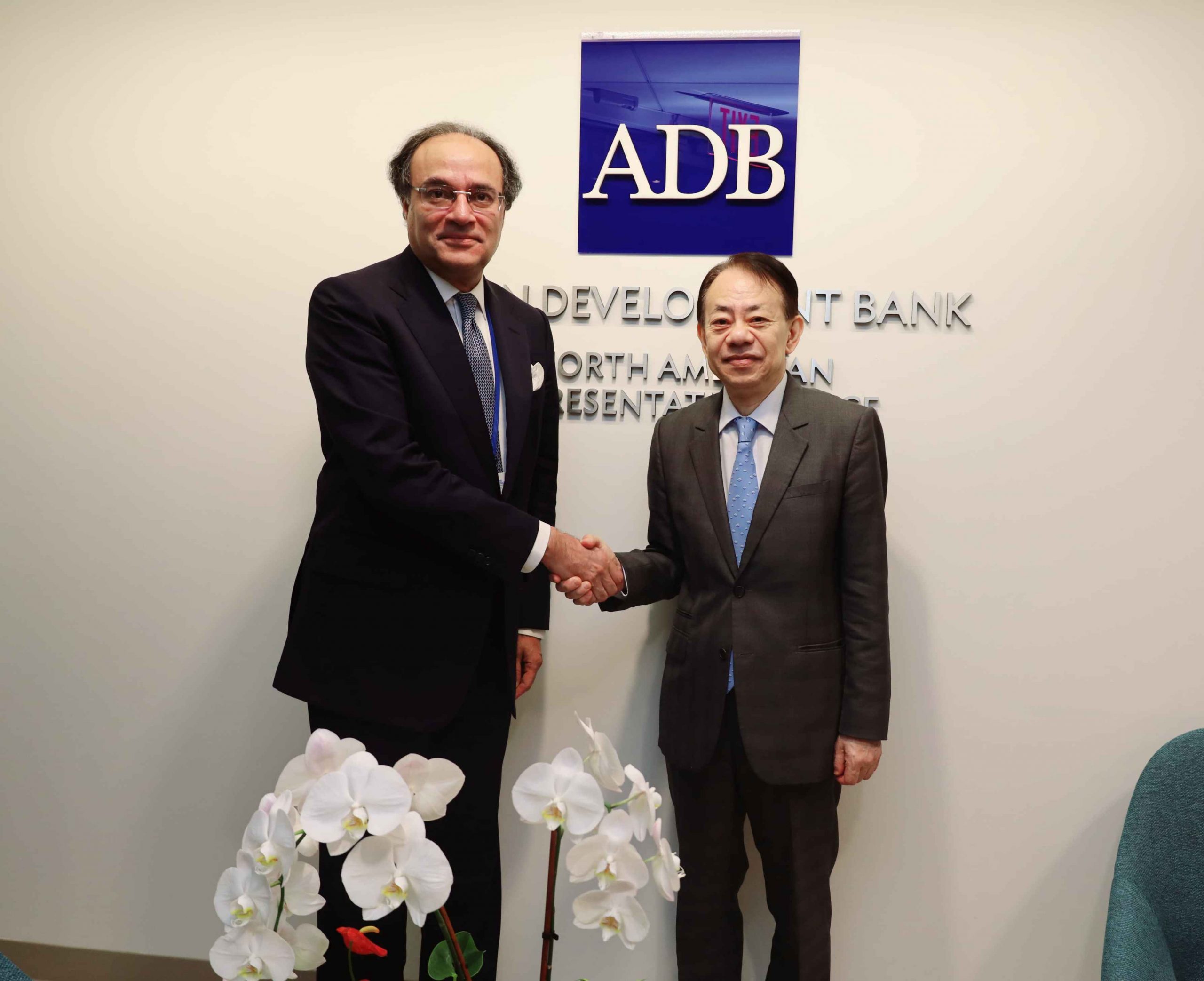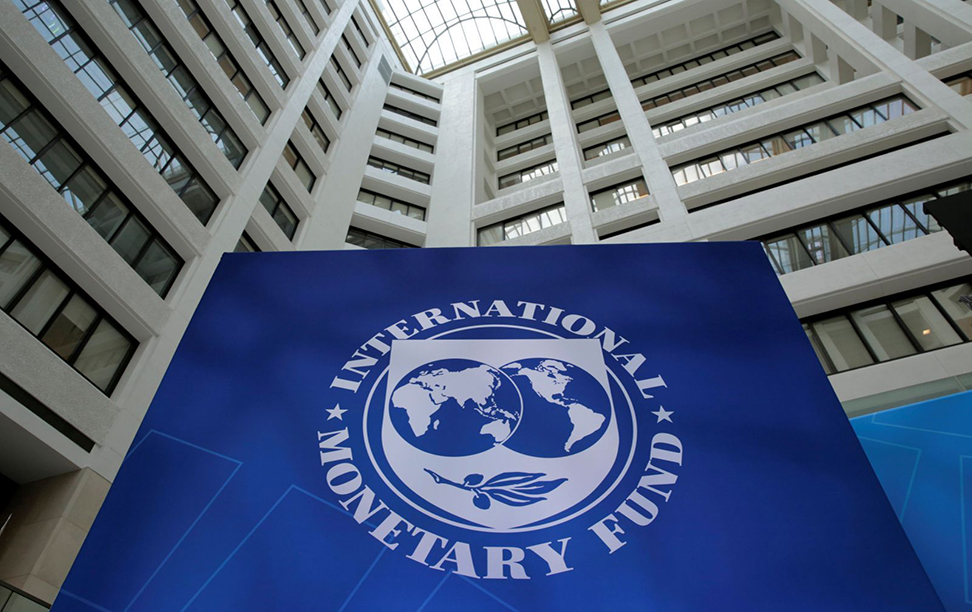June 10, 2020: Asian Development Bank (ADB) President Masatsugu Asakawa has launched a high-level panel of leading experts in economics, finance, and health to help ministers, central bank governors, and other senior officials identify options for Southeast Asian economies to tap into to quickly bounce back after the novel coronavirus disease (COVID-19) pandemic.
“We are providing a platform for ministers and well-known experts to discuss the immediate challenges posed by COVID-19 and identify areas worthy of additional analysis for the future,” said Mr. Asakawa at the first event, which was held virtually on 9 June. “The second and third waves of the disease are possible—indeed likely—and further economic decline would be costly. Countries face a whole host of cross-cutting issues that affect people and businesses. They have already learned useful lessons and can benefit from sharing these with each other.”
The event drew senior officials from three of Southeast Asia’s largest economies, including Indonesian Finance Minister and ADB Governor Sri Mulyani Indrawati, Philippine Finance Secretary and ADB Governor Carlos G. Dominguez, and Bank of Thailand Governor Veerathai Santiprabhob. Bangko Sentral ng Pilipinas Governor and ADB Alternate Governor Benjamin Diokno and Philippines’ Acting Secretary for Socioeconomic Planning Karl Chua also joined.
They exchanged views with 8 international experts in economics, finance, health, social protection, data, and sustainable development:
Jane Halton, chair of the Coalition for Epidemics Preparedness Innovation and former secretary of the Australian departments of health and finance;
Rema Hanna, Harvard Kennedy School;
Karen Tay Koh, former Singapore Ministry of Finance official and former deputy CEO of SingHealth;
Ramayya Krishnan, Carnegie Mellon University;
Anup Malani, University of Chicago;
Raghuram Rajan, University of Chicago; former governor of the Reserve Bank of India and chief economist of the International Monetary Fund;
Andrew Sheng, Asia Global Institute;
Nicholas Stern, London School of Economics; former head of the United Kingdom’s Government Economic Service and former chief economist of the World Bank.
The panel, moderated by ADB Vice-President Ahmed M. Saeed, discussed lessons learned as countries took immediate measures to address the pandemic’s devastating health, social, economic, and financial impacts, and their medium- to long-term priorities. They also covered topics such as the need for structural reforms, innovation in domestic resource mobilization, and how to make recovery sustainable amid global headwinds.
On 13 April, ADB announced a $20 billion package to support developing member countries’ COVID-19 response. ADB has since approved $7.2 billion in rapid response loans and technical assistance, including 9 interventions under the COVID-19 pandemic response option (CPRO) totaling $5.52 billion for Bangladesh, Bhutan, Georgia, India, Indonesia, the Kyrgyz Republic, Mongolia, Nepal, and the Philippines.
Indonesia has received $1.5 billion for countercyclical response and $3 million in grants to shape the government’s immediate health response. The Philippines has received $1.7 billion for countercyclical support and social protection, and $3 million in grants to set up a COVID-19 testing laboratory. ADB staff is working on assistance for other Southeast Asian countries including Thailand, as well as other countries in the Asia and Pacific region.
The high-level dialogue is supported by a $5 million technical assistance grant, which ADB approved on 24 April. The grant will help countries receiving CPRO funding monitor their COVID-19 response and guide them in preparing recovery strategies and action plans.
ADB is committed to achieving a prosperous, inclusive, resilient, and sustainable Asia and the Pacific, while sustaining its efforts to eradicate extreme poverty. Established in 1966, it is owned by 68 members—49 from the region.
Press Release
35165







